Last year, UK households bought nearly 40 million electrical items in the period between Black Friday and Christmas, according to research conducted by Material Focus, the not-for-profit organisation funded by the WEEE compliance fee (see letsrecycle.com story).
This resulted in 4.2 million unwanted electrical items being “abandoned”, with the hoarding of 2.2 million items and the other 2 million thrown away.
The BMRA has concerns that discarded items containing batteries can cause fires when damaged.
Further Material Focus research shows that WEEE can be linked to three times more fires inside refuse collection vehicles and at household waste recycling centres than previously reported (see letsrecycle.com story).
James Kelly, the BMRA’s CEO, said: “Councils need to introduce kerbside collections for discarded WEEE items.
“That is because we are seeing increased fires happening in bin lorries and at household waste recycling centres, as well as metal recycling sites like those of our members where these items can end up in the incorrect waste stream. People’s lives are at risk.”
The BMRA represents the £7 billion metals recycling sector, which comprises an estimated 2,000 businesses and employs more than 15,000 people.
Fires
The BMRA says the fires are often caused by damaged lithium and lithium-ion batteries inside the discarded electrical items. Material Focus’s recent research shows lithium batteries can be linked to 700 fires in the past 12 months.

Mr Kelly said the problem was “particularly bad” at this time of year. “In the space of 10 weeks, thanks to Black Friday deals, Christmas gifts, Boxing Day sales and January sales, we are likely to see millions of electrical items discarded.
“If there is not an easy option, such as kerbside collection, it is likely that much of this will be disposed of incorrectly. This massively increases the risk of fires across the waste sector.”
In November, the BMRA called on the government to ban households from putting WEEE and lithium-ion batteries in their kerbside recycling and residual waste bins (see letsrecycle.com story).
Materials
Aside from mitigating the risk of fire, kerbside collections would also make it easier to salvage precious metals from WEEE, the BMRA suggests.
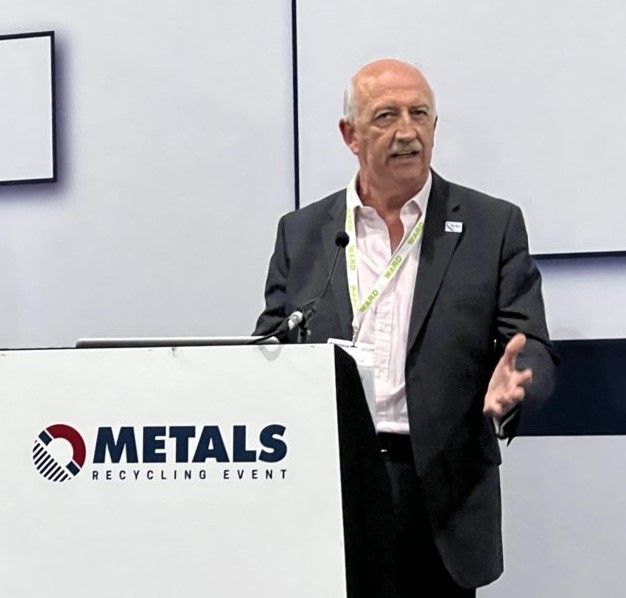
Research published by electrical retailer Currys in October suggests that more than £850 million worth of precious metals could be salvaged from the estimated 527 million unwanted electrical items hoarded in UK homes.
Mr Kelly added: “Aside from the safety issues regarding fires, hoarding e-waste also prevents a great many raw materials being made available again from recycling. These include metals such as copper, cobalt, and tungsten.”
Research published by Material Focus in 2021 suggested a kerbside service for all UK households could collect 99,000 tonnes of WEEE each year, 64% of the 155,000 tonnes thrown away annually (see letsrecycle.com story).





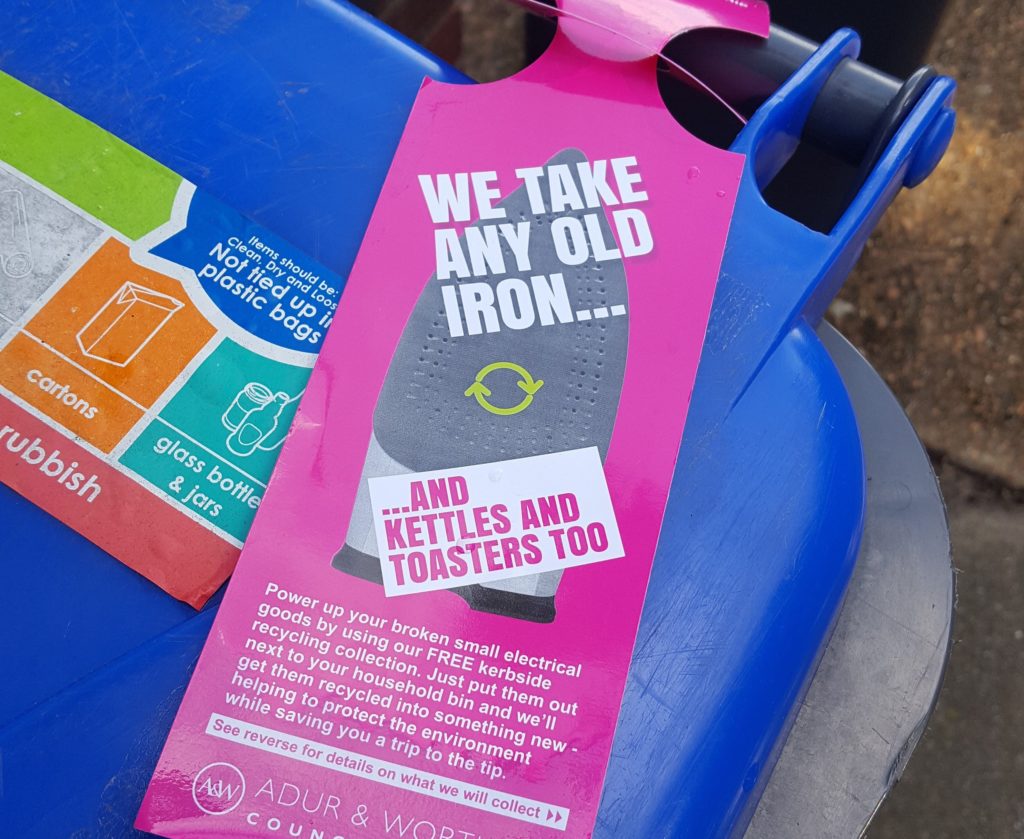
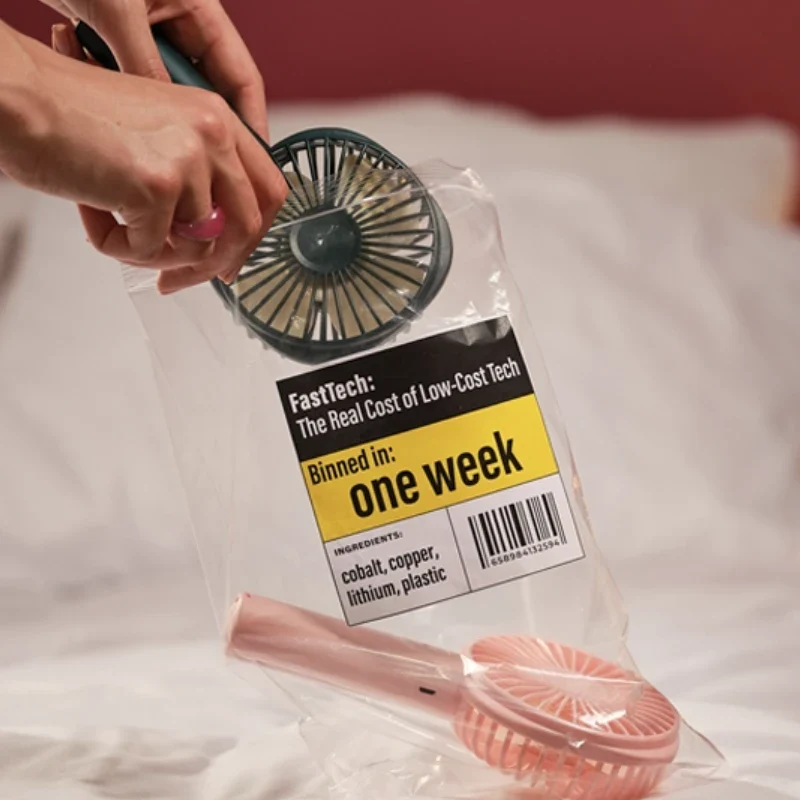
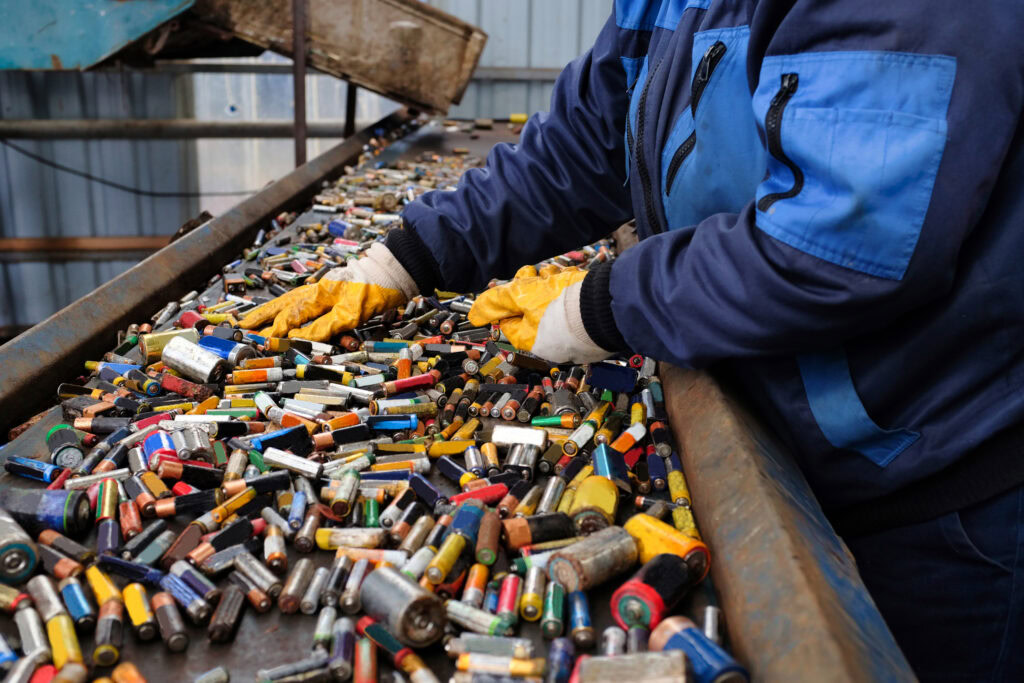
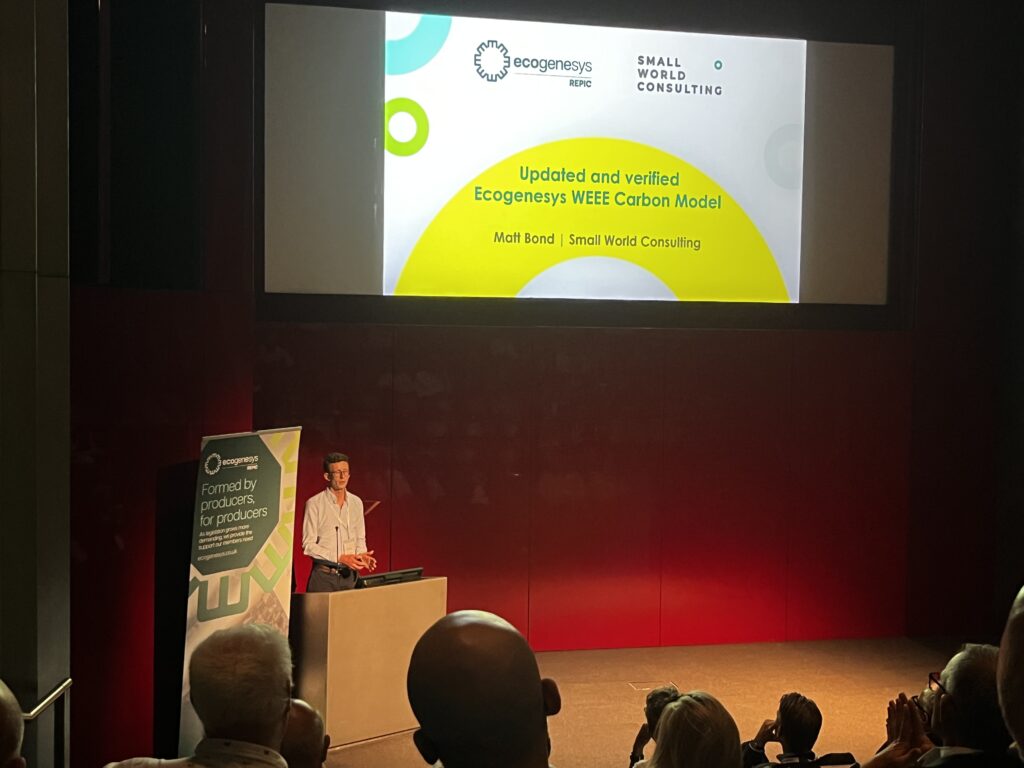
Subscribe for free